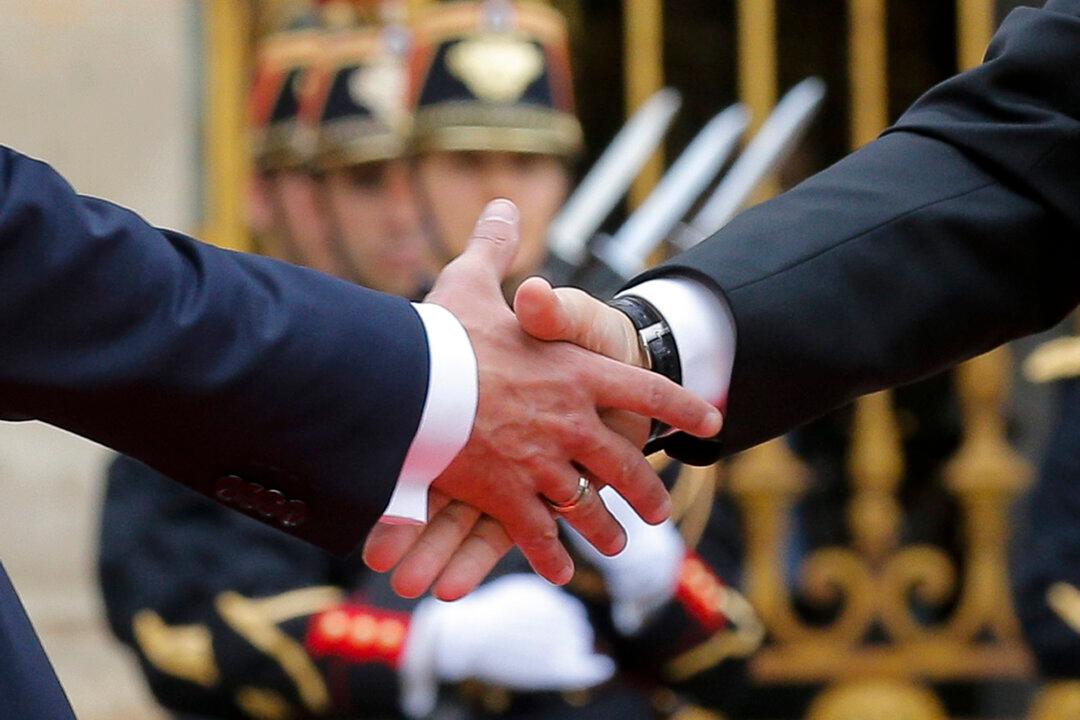French authorities said a secret unit from Russia’s military intelligence service is implicated in a series of hacking operations that have taken place since 2021.
“The Russian military intelligence service (GRU) has been deploying a cyber-offensive modus operandi called APT28 against France for several years. It has targeted around 10 French entities since 2021,” Jean-Noël Barrot, the French foreign minister, wrote on social media platform X on April 30.





